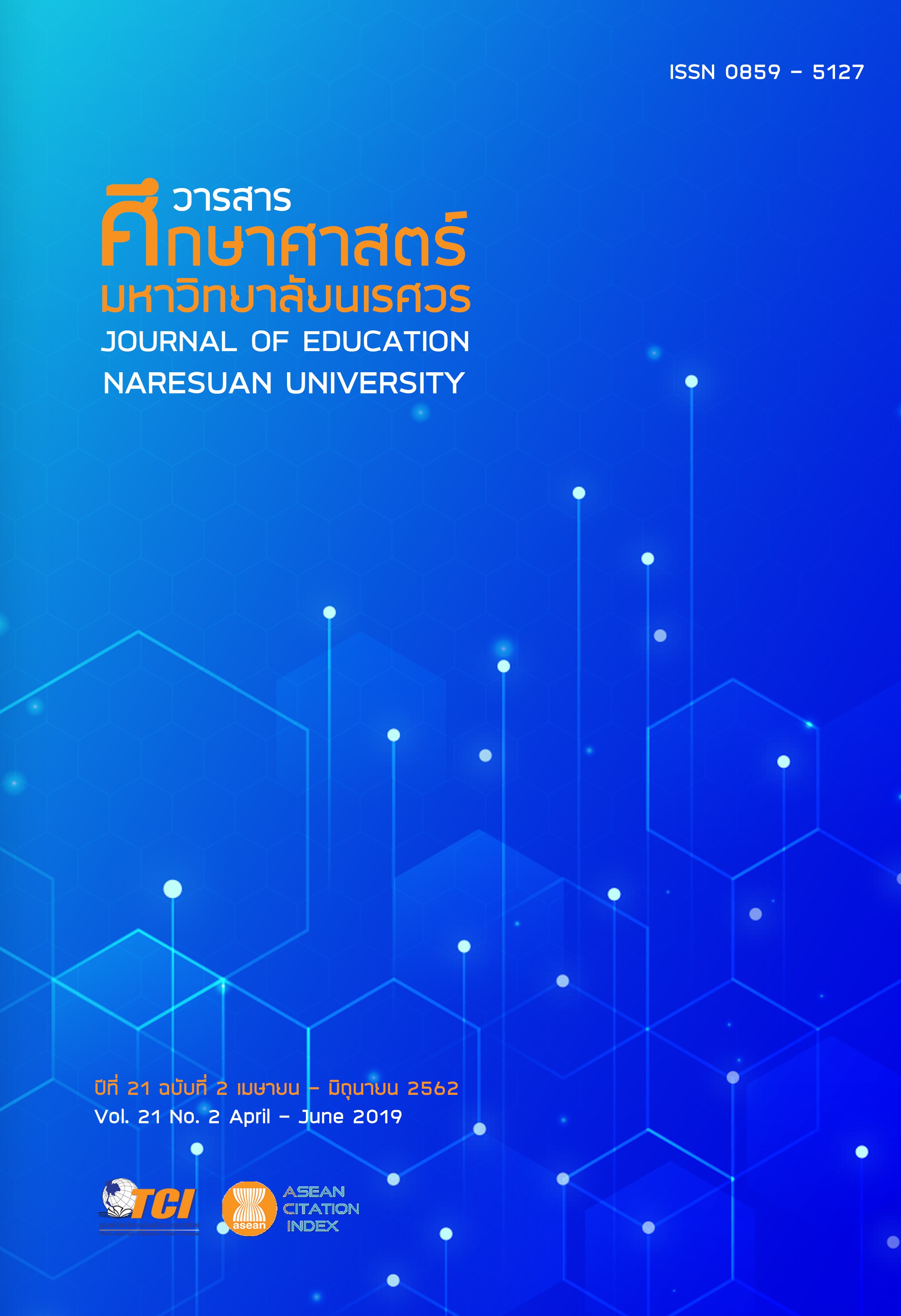ACHIEVEMENT AND LEARNING OUTSIDE THE CLASSROOM: THE CASE OF A FILIPINO SCHOLARS’ ORGANIZATION IN KOREA
Main Article Content
Abstract
Filipino Scholars in Korea or Pinoy Iskolars sa Korea, Inc. (PIKO), as an international academic and non-academic student organization, plays a vital role in the intellectual and social development of Filipino students in South Korea. As a representative organization, it reflects the challenges and experiences of the students in the mentioned country. With various activities initiated in and out of the academe in line with its advocacies, evidently, it affirms the contribution of the students in designing the trends of international education in that country. This participation is not only limited with the students’ academics, but it can be clearly seen through their social, cultural and political facets as well, not only in South Korea, but also in the Philippines.
Through PIKO, the lives of international students do not only focus on getting admitted to academic institutions abroad. The organization has an entire study-abroad opportunity for aspiring students leading to the motivation of pursuing an international higher education, being admitted to one’s university of preference, experiencing academic, social, and cultural life abroad, completing an academic degree, and eventually returning home. The author examines the narrative of PIKO as an organization, along with numerous social and academic advocacies that influence the organization’s vision.
With these, the article aims (a) to extrapolate the nature, purposes, and results of student migration through empirical data gathered from different literatures and studies, (b) to point out the importance of the internationalization of higher education for the improvement of the individual, the country, and the international community, (c) to emphasize the need of support for the international students’ culture adaptability mechanism, (d) to define what PIKO is and evaluate how the organization works to help Filipino international students in South Korea, and (e) to provide future researchers, campus administrators, and education specialists a reference to come up with their own academic and non-academic organization design that shall hone the whole aspects of both students and their environment promoting national and international development.
Article Details
The owner of the article does not copy or violate any of its copyright. If any copyright infringement occurs or prosecution, in any case, the Editorial Board is not involved in all the rights to the owner of the article to be performed.
References
2. Arouca, R. (2013). A qualitative study of returning study abroad student: The critical role of reentry support programs (Doctoral Dissertation). Missoula, MT: The University of Montana.
3. Bijward, G., & Wang, Q. (2013). Return migration of foreign students. Retrieved September 25, 2014, from www.norface-migration.org/publ_uploads/NDP_05_13.pdf
4. Cassarino, J. (2004). Theorizing return migration: The conceptual approach to return migrants revisited. International Journal on Multicultural Societies, 6, 243 – 279.
5. Dustman, C., & Weiss, Y. (2007). Return migration: Theory and empirical evidence from the UK, British Journal of Industrial Relations, 45(2), 236 – 256.
6. Kerry, P. (2013). Expats raise money for Haiyan Victims. Retrieved October 25, 2014, from http://www.koreaherald.com/view.php?ud=20131119000767
7. Kwon, K. S. (2013). Government policy and internationalization of universities: The case of international student mobility in South Korea. Journal of Contemporary Eastern Asia, 12, 35 – 47.
8. Lapura, S. (2013). The role of overseas student organizations in promoting bottom-up, two-way public diplomacy: A case study of PIKO – Pinoy Iskolars sa Korea. In 2013 Philippine Korean Studies Symposium Proceedings (pp. 260 – 266). Philippines: University of the Philippines.
9. Lee, J. (2002). Education policy in the Republic of Korea: Building block or stumbling block. Retrieved September 25, 2014, from http://siteresources.worldbank.org/WBI/Resources/wbi37164.pdf
10. Madge, C., Raghuram, P., & Noxolo, P. (2014). Conceptualizing international education: From international student to international study. Retrieved September 25, 2014, from http://phg.sagepub.com/content/early/ 2014/03/30/0309132514526442.full.pdf
11. Parliamentary. (2012). Immigration policy. Retrieved June 5, 2015, from http://www.publications.parliament.uk/pa/cm201213/cmselect/cmbis/425/42505.htm
12. Polkowski, R. (2013). Swedish medical students abroad: A case of return migration policy making (Master thesis). Sweden: University of Gothenburg.
13. Sazon, J. (2014). Korea wants more Filipino students. Retrieved September 20, 2014, from http://kickerdaily.com/korea-wants-more-filipino-students/
14. Soon, J. J. (2010). When do students intend to return? Determinants of students’ return intentions Using a multinomial logit model. International Journal of Business and Society, 11(1), 17-32.
15. Stohl, M. (2007). We have met the enemy and he is us: The role of faculty in the internationalization of higher education in the coming decade. Journal of Academic Development, 16, 359 – 372.
16. Yusoff, Y. M. (2012). Self-efficacy perceived social support and psychological adjustment in international undergraduate students in a Public Higher Education Institution in Malaysia. Journal of Studies in International Education, 16, 353 – 371.


